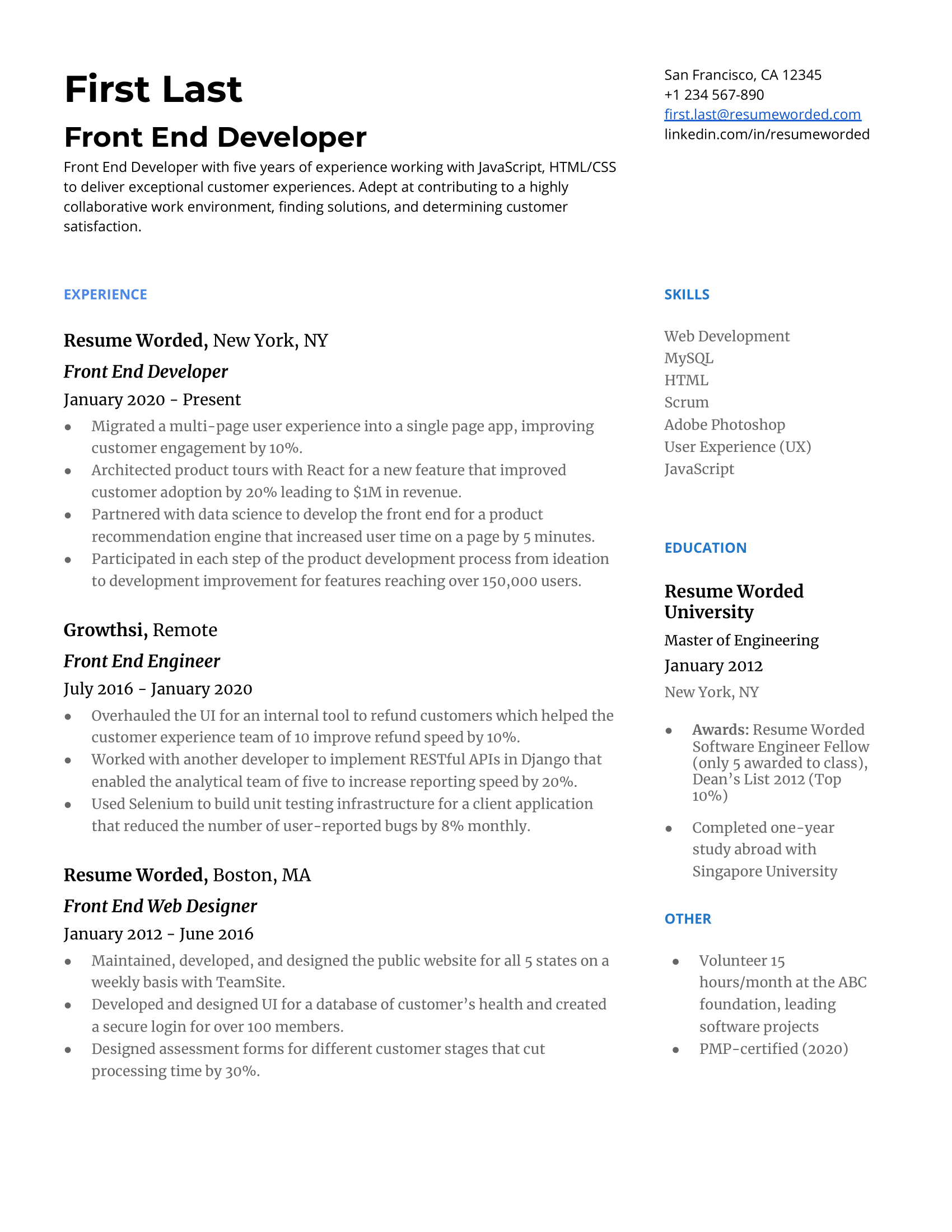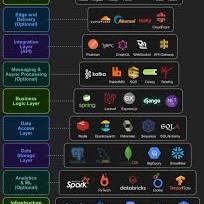The Best Software Development Companies: Leading Innovation and Excellence
The Top Software Development Companies Leading Innovation
In today’s digital age, software development companies play a crucial role in driving innovation and shaping the technological landscape. With a myriad of companies offering software development services, it can be challenging to identify the best ones that stand out for their excellence in the field. Here are some of the top software development companies renowned for their exceptional work:
Microsoft
Microsoft is a global leader in software development, known for its cutting-edge technologies and innovative solutions. With a wide range of products and services, Microsoft continues to set industry standards and push boundaries.
Google
Google is synonymous with innovation and creativity in the tech world. As a leading software development company, Google has developed groundbreaking products such as Android, Chrome, and Google Cloud Platform.
IBM
IBM has a long-standing reputation for its expertise in software development and enterprise solutions. With a focus on AI, cloud computing, and cybersecurity, IBM continues to deliver high-quality software services to businesses worldwide.
Oracle
Oracle is a trusted name in database management systems and enterprise software solutions. With a strong emphasis on cloud technologies and data analytics, Oracle remains a top choice for organizations looking for robust software solutions.
SAP
SAP specializes in enterprise resource planning (ERP) software and business applications that help streamline operations and drive business growth. Known for its reliability and scalability, SAP is a preferred choice for many large corporations.
These are just a few examples of the best software development companies that continue to shape the digital landscape with their innovative solutions and forward-thinking approach. Whether you are looking for custom software development or off-the-shelf solutions, partnering with one of these industry leaders can help take your business to new heights.
7 Essential Tips for Choosing the Best Software Development Company
- Look for companies with a strong portfolio showcasing diverse projects.
- Check for client testimonials and reviews to gauge customer satisfaction.
- Research the company’s expertise in relevant technologies and programming languages.
- Consider the company’s experience in delivering projects on time and within budget.
- Evaluate the company’s communication channels and responsiveness to client inquiries.
- Assess the company’s scalability and ability to accommodate future project growth.
- Verify if the company follows industry best practices and standards in software development.
Look for companies with a strong portfolio showcasing diverse projects.
When searching for the best software development companies, it is essential to look for firms with a robust portfolio that demonstrates a variety of projects. A diverse portfolio indicates the company’s versatility and expertise in handling different types of software development challenges. By examining past projects, potential clients can gain insight into the company’s capabilities, creativity, and problem-solving skills, helping them make an informed decision about which company aligns best with their specific needs and requirements.
Check for client testimonials and reviews to gauge customer satisfaction.
When searching for the best software development companies, it is essential to check for client testimonials and reviews to gauge customer satisfaction. Client testimonials provide valuable insights into the quality of services offered by a company and the overall satisfaction level of previous clients. By reviewing feedback from past customers, you can gain a better understanding of the company’s reputation, reliability, and expertise in delivering software solutions. Taking the time to assess client testimonials can help you make an informed decision when selecting a software development partner for your business needs.
Research the company’s expertise in relevant technologies and programming languages.
When exploring the top software development companies, it is crucial to delve into their expertise in relevant technologies and programming languages. Understanding the company’s proficiency in the tools and languages that align with your project requirements can significantly impact the success of your software development endeavor. By researching this aspect, you can ensure that you partner with a company that possesses the necessary skills and knowledge to deliver high-quality and tailored solutions that meet your specific needs effectively.
Consider the company’s experience in delivering projects on time and within budget.
When evaluating the best software development companies, it is crucial to consider the company’s experience in delivering projects on time and within budget. A company’s track record of meeting project deadlines and staying within budgetary constraints speaks volumes about its reliability and professionalism. By choosing a software development company with a proven history of timely and cost-effective project delivery, clients can have confidence in the company’s ability to execute their software development initiatives efficiently and effectively.
Evaluate the company’s communication channels and responsiveness to client inquiries.
When assessing the best software development companies, it is essential to evaluate the company’s communication channels and responsiveness to client inquiries. Effective communication plays a crucial role in ensuring that project requirements are clearly understood and executed accurately. A company that is responsive to client inquiries demonstrates a commitment to customer satisfaction and project success. By prioritizing open communication channels and prompt responses, software development companies can build trust with clients and foster strong partnerships that lead to successful project outcomes.
Assess the company’s scalability and ability to accommodate future project growth.
When considering the best software development companies, it is essential to assess the company’s scalability and ability to accommodate future project growth. A company’s capacity to scale up its operations and resources in line with the evolving needs of a project is crucial for long-term success. By evaluating a software development company’s scalability, you can ensure that they have the flexibility and expertise to handle the growth of your project effectively, delivering sustainable solutions that align with your business objectives.
Verify if the company follows industry best practices and standards in software development.
It is crucial to verify if a software development company follows industry best practices and standards in their development processes. Adhering to established guidelines ensures that the software is built with quality, security, and scalability in mind. Companies that prioritize industry standards demonstrate a commitment to delivering reliable and efficient solutions that meet the needs of their clients while maintaining high levels of professionalism and expertise throughout the development lifecycle. By choosing a company that follows best practices, you can have confidence in the quality and integrity of the software they deliver.











